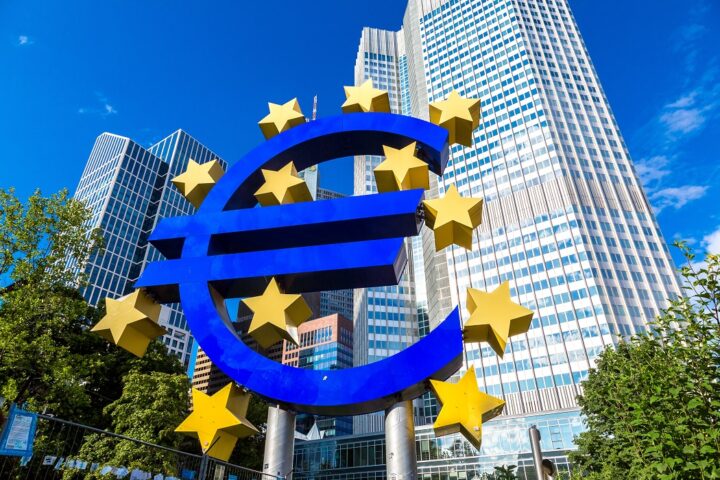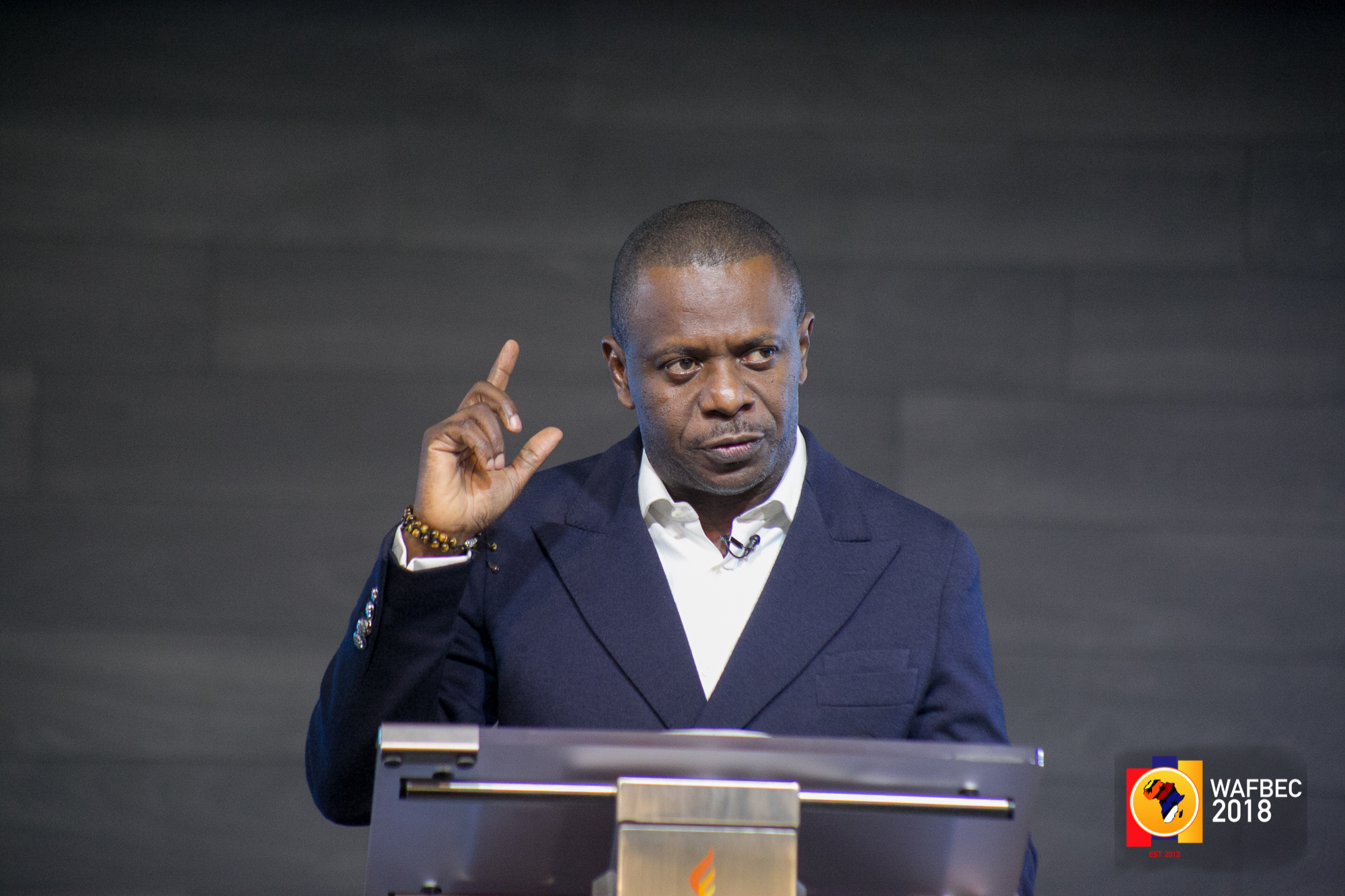The eurozone entered a technical recession in the first three months of 2023 as soaring energy prices and rising interest rates drove inflation higher.
The eurozone is made up of 20 member countries of the European Union (EU) that have adopted the euro (€) as their primary currency and sole legal tender.
According to revised estimates released on Thursday by Eurostat, the EU’s statistics office, the eurozone’s gross domestic product (GDP) shrank by 0.1 percent over the first three months of the year.
Prior to its weak performance over January-March, the eurozone also contracted by 0.1 percent in the last quarter of 2022.
Advertisement
Two consecutive GDP contractions are considered a technical recession.
Eurostat had revised down an earlier forecast that had predicted slight growth, after Germany, the largest economy in the eurozone, disclosed last month that it had fallen into recession.
Previously, Eurostat had estimated flat economic growth for the last quarter of 2022 and 0.1 percent growth for the first quarter of 2023.
Advertisement
The cost of living crisis in Europe triggered by Russia’s invasion of Ukraine and resulting soaring energy prices has heaped pressure on the European Central Bank (ECB) which has been engaging in unprecedented interest rate hikes in its bid to tackle inflation.
The ECB has raised interest rates by 3.75 percentage points since it began raising rates in July 2022.






